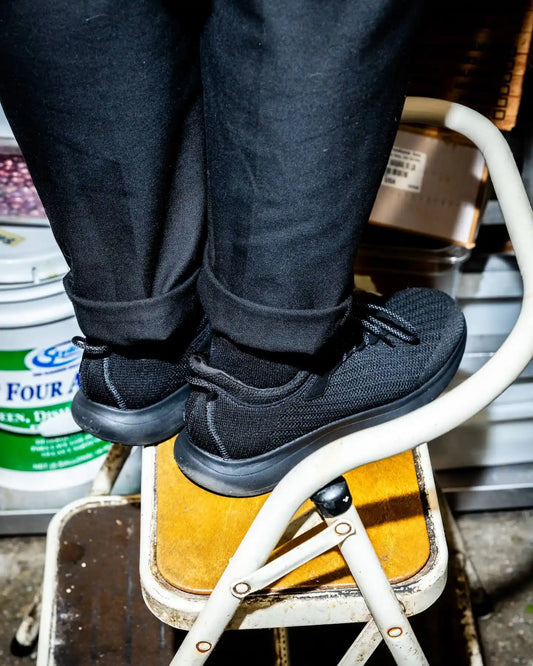Overlooked Dangers of Long Work Shifts Among Nurses
Snibbs Footwear
Accompanying hazards are common among hospital staff. They are even more widespread among those with longer shifts of over 12 hours per workday. In the States, the registered nurse workforce is the largest in the healthcare industry. However, it is currently going through a rapid shortage, which will only intensify by 2030. Two of the major negative impacts of this uncanny scenario are increased stress levels among RNs and much compromised patient care.
How long work hours of RNs affect patient care
1. Increased fatigue
Traditionally, a registered nurse has to work 8 hours a day. However, his/her work shift is unpredictable and depends largely on the needs of a patient. Also, since there are no nationally recognized policies for the working hours of a registered nurse, s/he does not enjoy adequate rest and meal. As a result, competing with basic physical demands becomes difficult. Without good and timely sleep, fatigue follows and patients don’t get enough care. With too much stress, there also remains a high possibility of mistakes while administering medications.
2. Burnout
About one-third of the American nurse population face burnout. This is caused by emotional exhaustion, the inefficacy of patient care and doubts in one’s abilities.
One of the major psychologically demanding roles of a nurse is to familiarize with the problems of patients and their families. Investing time for their well-being along with overworking can cause serious stress and mood disorders coupled with a gradual lack of motivation to work.
3. Insufficient staff
One study published in the New England Journal of Medicine discussed that mortality rates increased in hospitals with the insufficient nursing staff. Another study shows that since 2012, about 60,000 RNs have left working every passing year. As a result, dissatisfaction due to longer shifts has been common, leading working nurses to quit their jobs. The American Journal of Nursing states that 13% of nurses change their jobs annually.
Healthcare Practices to Overcome the Nursing Shortage
1. Flexible Schedules
As overworked nurses find it difficult to provide the necessary care for their patients, it is essential to provide them with an accommodating schedule. This would reduce their stress and increase their ability to be more efficient.
2. Nurse Residency Programs
This is one of the best healthcare practices to increase retention. Before nurses sign on for a full-time position, they should be allowed to experience and personally assess the work environment at a hospital.
3. Encouraging an Accident-free Hospital Environment
It is increasingly important for nurses to be comfortable while doing their daily shifts. For instance, hospitals can encourage them to wear good quality footwear to avoid unforeseen accidents on slippery surfaces. Shoes from Snibbs work great in this regard with firm grips and less foot fatigue.
Efficient Nursing through better healthcare practices
Unless these above-mentioned problems are addressed and resolved, the current nursing shortage in the country is bound to continue.













